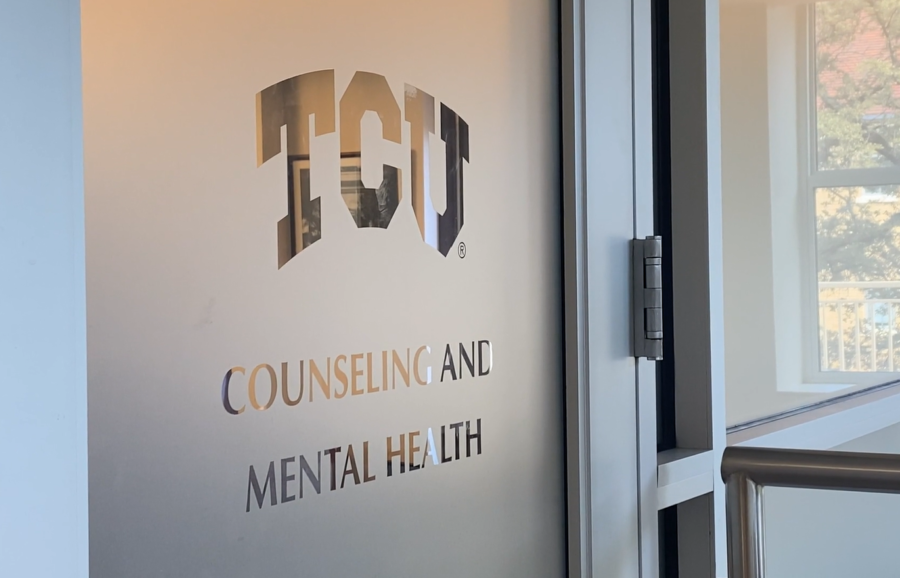TCU assistant professor of social work James Petrovich works to save Fort Worth money by serving as an evaluator for the city’s 10-year plan to end homelessness.
The plan, called Directions Home, advocates the “housing first” approach. This approach works by placing homeless people in permanent housing and providing them with supportive services instead of placing them in transitional facilities.
Directions Home can “provide [a homeless person] with subsidized housing, and it can offer them case management where someone like a social worker will help that person with some of their other needs,” Petrovich said.
Petrovich’s research spanned three years. During this time, he studied and compared the amount of critical services used before and after homeless people were placed into permanent housing by Directions Home.
For the 83 homeless people included in the study, Petrovich said there was a $1.1 million difference in the amount of services used after placement into permanent housing. The study reflected a significant decrease in frequently-used service sectors such as emergency medical assistance and police.
Petrovich’s study showed a 50-percent decrease in inpatient costs at Fort Worth JPS Health Network after individuals were placed in permanent homes.
Outpatient clinics were used more frequently than ER services, according to the study. Petrovich said those placed in permanent housing by Directions Home had better access to primary care physicians and preventative medicine.
Petrovich emphasized one important increase in social services – mental health and addiction services.
Petrovich said that many homeless people experience mental health issues and substance abuse. Yet after placement into a permanent home, the subjects used the mental health and addiction services more often.
“Research shows that it doesn’t do a whole lot of good to work on mental health and substance abuse treatment if they’re still homeless,” Petrovich said. “They needed these services for quite a while and now they’re getting them.”
Petrovich explained that access to supportive services is directly related to the retention of permanent housing for the formerly-homeless.
The study wrapped up last month, but Petrovich continues to serve as an evaluator of Directions Home.
“It’s the right thing to do,” Petrovich said about the Directions Home plan, “[the homeless are] a vulnerable population. They struggle with a lot. While [Directions Home] seems to be of benefit to the community, it also benefits them.”






